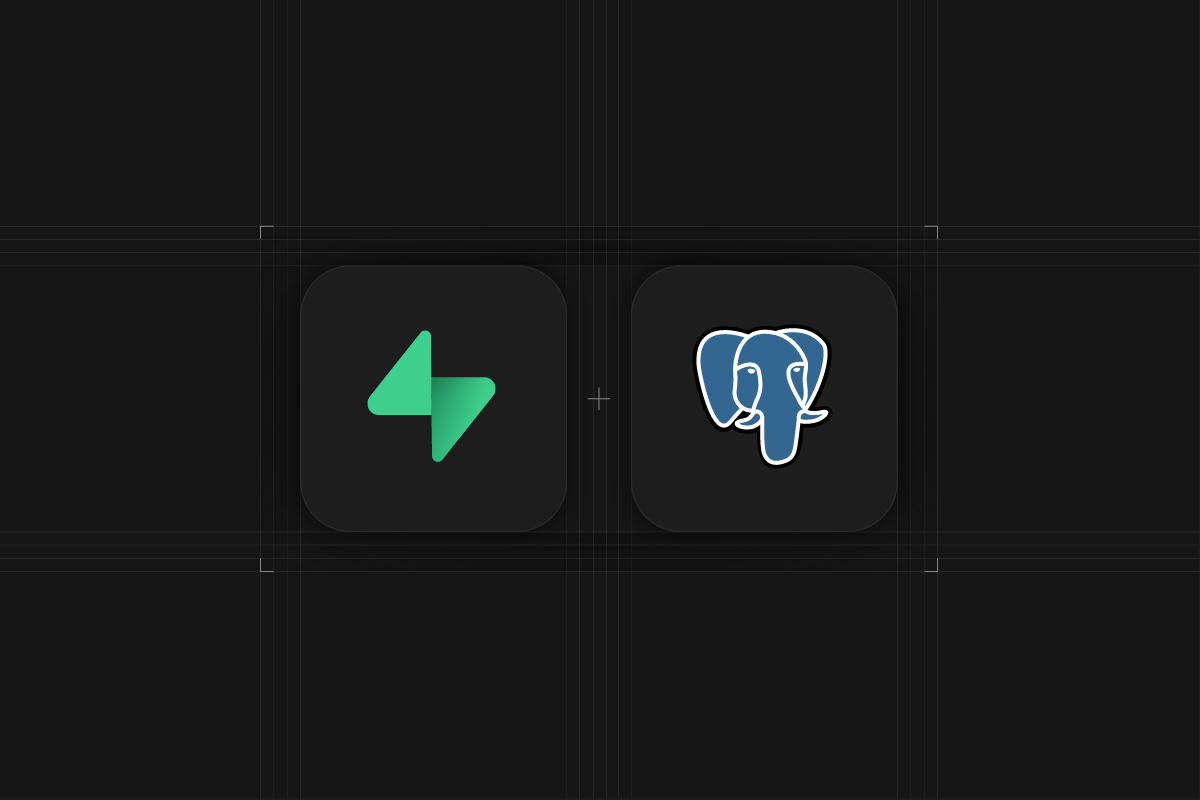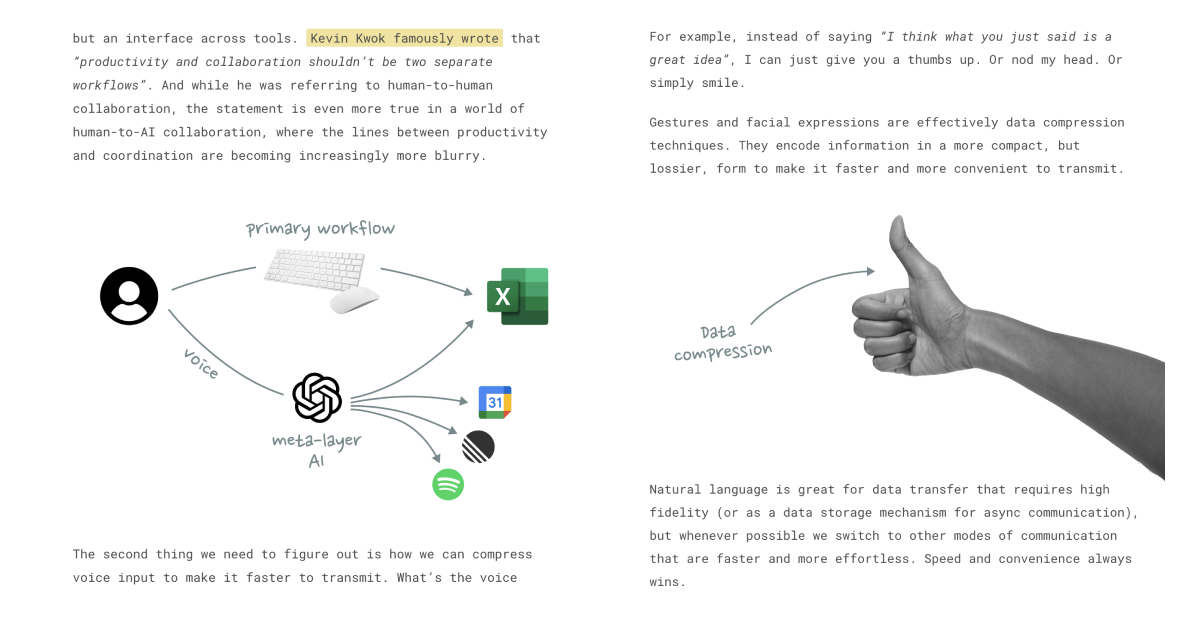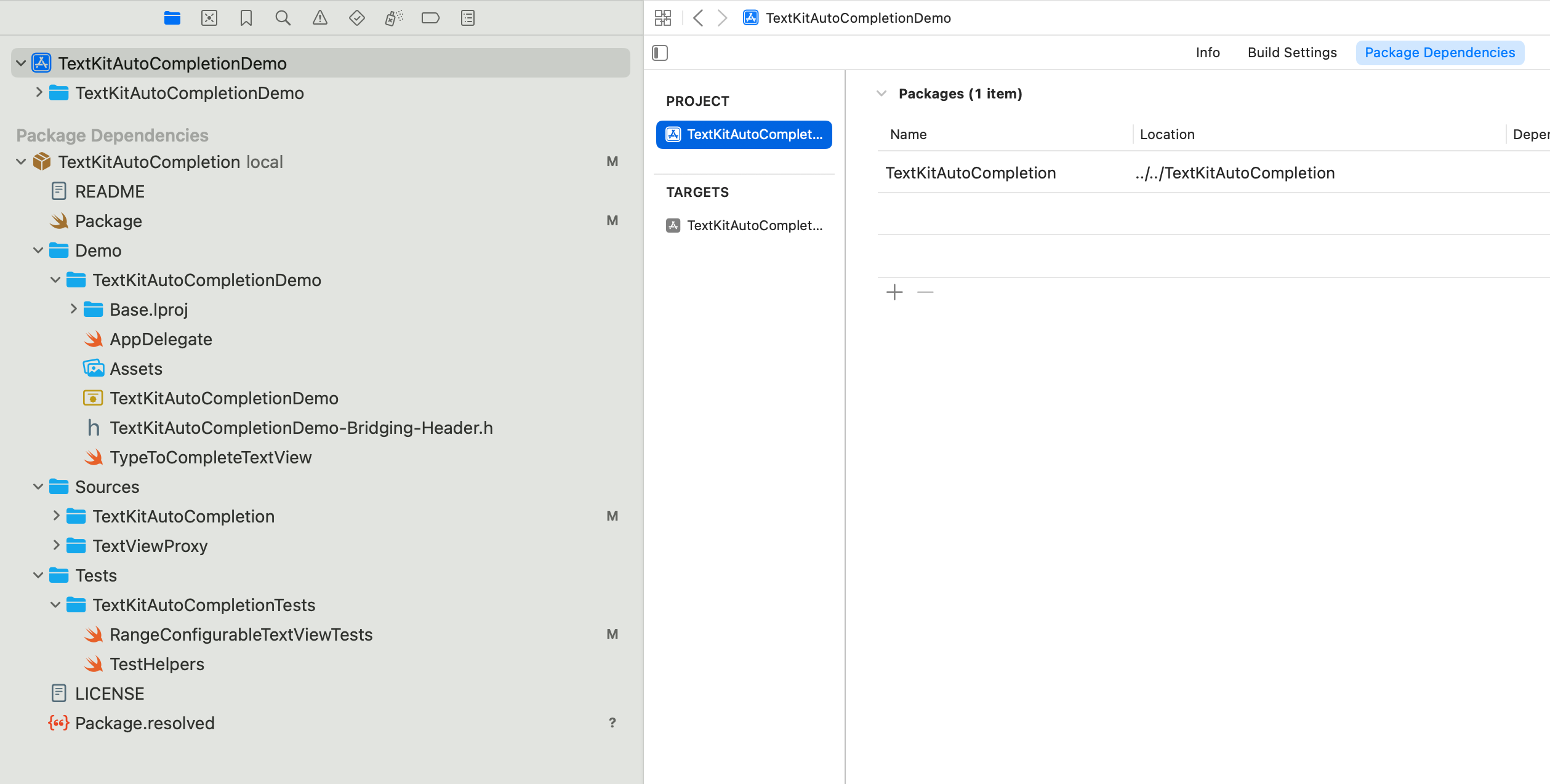Conquering the Dark: A Guide to Fluorescent Mineral Photography

This comprehensive guide delves into the art of fluorescent mineral photography, offering a step-by-step approach from camera settings to lighting techniques and post-processing. The challenge lies in capturing vibrant fluorescent colors in low-light conditions, requiring meticulous adjustments to exposure time, ISO, aperture, and more. The article emphasizes the importance of background selection, light placement, and post-processing software, providing solutions for photographing complex specimens with multiple fluorescent minerals. The ultimate goal is to achieve sharp, color-accurate images of these glowing wonders.
Read more










/cdn.vox-cdn.com/uploads/chorus_asset/file/23923974/acastro_STK072_04.jpg)





